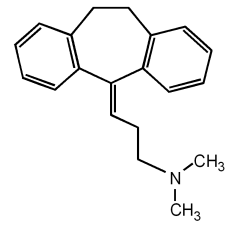At the end of February, the Food and Drug Administration (FDA) signaled that it may ban dietary supplements containing the herbal stimulant ephedra if it decides they pose "a significant or unreasonable risk of illness or injury." That phrase is open to interpretation, but the risk posed by ephedra seems quite modest when compared to the risks associated with widely used over the-counter and prescription drugs.
Although press reports commonly cite an estimate of "at least 100 deaths" linked to ephedra, a RAND Corporation study commissioned by the FDA found only two documented deaths that were investigated to rule out other causes. Even in those cases, the FDA concedes, the evidence is not conclusive.
With an estimated 12 million to 17 million Americans taking something like 3 billion doses of ephedra products a year, FDA Administrator Mark McClellan admits that "serious adverse events from ephedra appear to be infrequent."
That point is underlined by data from the federal government's Drug Abuse Warning Network. Selected DAWN numbers for 1999 (the most recent year for which nationwide totals are available) indicate that two deaths--or even too--over several years would not make ephedra stand out on a list of drugs mentioned by medical examiners.
COPYRIGHT 2003 Reason Foundation
COPYRIGHT 2003 Gale Group



